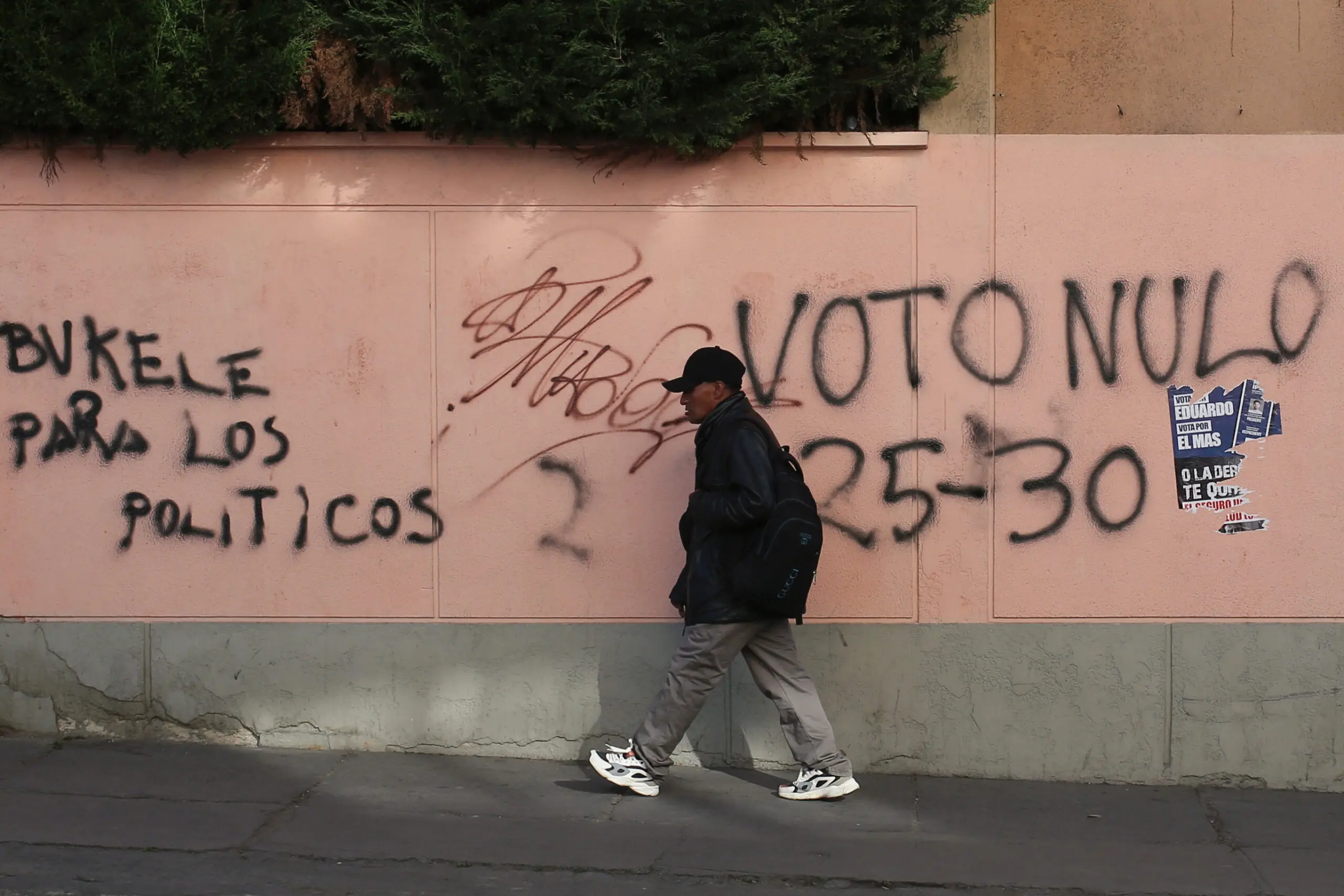Bolivians go to the polls on Sunday (17) to elect the new government and parliament for the next five -year, in general elections that can mark a political turn to the center or right after 20 years of hegemony of left -wing governments, commanded by the movement to socialism (MAS).
In Bolivia, 7,567,207 people over 18 are qualified to elect president, vice president and parliamentarians for a five-year period, and another 369,308 citizens are able to vote abroad, although they can choose only the presidential plate and are not required to vote.
Among the eight political organizations competing for the elections, two opposing candidates appear as favorites: that of the center-right entrepreneur Samuel Doria Medina and former right-wing president Jorge Tuto Quiroga (2001-2002), who can compete in an unprecedented second round if the research shows.
If this occurs, it will be the first time Bolivia will have a second round, a possibility included in the constitution in force since 2009, which establishes the condition if none of the applications reaches more than 50% of valid votes or a minimum of 40% with at least ten points of advantage over the runner -up.
This scenario will also represent the left departure of power. The research places the governor Eduardo del Castillo among the last positions, while the president of the Senate, Andronics Rodríguez, of the Popular Alliance, who was considered the successor of former President Evo Morales, also does not appear with percentages that even bring him even from the second round.
The ruling party competes divided into the electoral dispute, because, in addition to the candidacies of Del Castillo and Rodríguez, Evo Morales detached itself from but after failing to be the acronym candidate again.
Morales insists on being a candidate despite a constitutional provision that prevents him from competing again because he has already ruled the country in three periods and, at the moment, does not even have a political party.
In recent months, the former president’s supporters have performed several protests to force their registration, but by failing to achieve the goal, Morales and his followers began to promote the null vote.
 Packed mural with “bukele for politicians” messages, in reference to the president of El Salvador and the manifestation for the “null vote” for the next quinquennium – a message left, probably, by an Evo Morales supporter, who cannot be reelled. EFE/ LUIS GANDARILLAS (Photo: EFE)
Packed mural with “bukele for politicians” messages, in reference to the president of El Salvador and the manifestation for the “null vote” for the next quinquennium – a message left, probably, by an Evo Morales supporter, who cannot be reelled. EFE/ LUIS GANDARILLAS (Photo: EFE)Research has also shown a high percentage of undecided, blank and null votes – even before Morales began his campaign.
According to the current standard, null and blank votes do not enter the valid and are only considered for statistical purposes of the vote in an electoral process.
Even in a null or white vote scenario, the election of the new dignitaries will be made based on valid votes.
Electoral sections must open from 8am (9am from Brasilia) and operate for eight continuous hours, or until the last voter in line has issued his vote.
Voting in Bolivia is mandatory and, after voting, the person receives a certificate of suffrage that he must present to perform any procedures in public institutions and at the banks within 90 days after the elections.
Bolivia will include this election with the Preliminary Results Transmission System (Sirepre), whose operation has been tested with simulations in nine departmental electoral courts, and will disclose information at the end of the election.
Also mobilized are 14 international missions of electoral observation, the most numerous those of the European Union (EU) and the Organization of American States (OAS), as well as five other national delegations to watch over the process.
In the country, the electoral silence has been in force since Thursday and the “Auto de Bom Government”, which since Friday prohibits agglomerations or mass meetings, and the sale of alcohol.
In addition, on Sunday, the circulation of vehicles that do not have authorization from the electoral body will be prohibited.

